The Secret Sauce: Effective Social Media Marketing Strategies Revealed In 2023
Definition of social media marketing:
This section will provide a clear definition of social media marketing, explaining how it encompasses the use of social media platforms to promote products, services, or brands and engage with target audiences.
Importance and benefits of effective social media marketing strategies:
This subsection will highlight the significance of having effective social media marketing strategies. It will discuss the benefits, such as increased brand awareness, customer engagement, lead generation, and improved customer loyalty.
Understanding the Social Media Landscape:

A. Overview of popular social media platforms: This part will provide an overview of the major social media platforms, such as Facebook, Instagram, Twitter, LinkedIn, and YouTube. It will discuss their features, user demographics, and the types of content that perform well on each platform.
B. Demographics and user behavior on different platforms: Here, the focus will be on understanding the demographics of users on different social media platforms and their behavior patterns. It will help marketers target their audience more effectively.
C. Identifying target audience on social media: This subsection will guide marketers in identifying their target audience on social media by utilizing platform-specific data, analytics tools, and audience insights.
Setting SMART Social Media Marketing Goals:
A. Specific goals for social media marketing campaigns: This section will emphasize the importance of setting specific goals for social media marketing campaigns. It will provide examples of common goals such as increasing brand awareness, driving website traffic, generating leads, or improving customer engagement.
B. Measurable metrics to track success: Here, marketers will learn about the key performance indicators (KPIs) that can be used to measure the success of social media marketing efforts. Metrics like reach, engagement, conversions, click-through rates, and follower growth will be discussed.
C. Attainable objectives considering available resources: This subsection will focus on setting realistic and attainable objectives for social media marketing, taking into account the available resources such as budget, time, and manpower.
D. Relevant goals aligned with overall marketing objectives: It will highlight the importance of aligning social media marketing goals with the broader marketing objectives and ensuring that they support the overall business goals.
E. Time-bound goals to set deadlines for achievement: This part will emphasize the need to set time-bound goals to create a sense of urgency and establish deadlines for achieving social media marketing objectives.
Crafting an Engaging Social Media Strategy:
A. Defining brand voice and tone for consistent messaging: This section will discuss the importance of defining a brand’s voice and tone on social media to maintain consistency and build brand identity.
B. Creating compelling and shareable content: Here, marketers will learn how to create content that resonates with their target audience, encourages engagement, and is shareable across social media platforms.
C. Utilizing visuals and multimedia effectively: This subsection will focus on the effective use of visuals, such as images, videos, infographics, and GIFs, to capture attention and convey messages more effectively on social media.
D. Incorporating user-generated content for authenticity: Marketers will learn the benefits of leveraging user-generated content to enhance authenticity, build trust, and foster engagement with their audience.
E. Implementing a content calendar for consistent posting: This part will guide marketers in creating a content calendar to ensure consistent and timely posting on social media platforms, taking into account the frequency and optimal posting times.
Building and Engaging a Social Media Community:
 A. Identifying and connecting with industry influencers: Here, marketers will learn how to identify and connect with influencers who align with their brand values and have a significant reach in their target market.
A. Identifying and connecting with industry influencers: Here, marketers will learn how to identify and connect with influencers who align with their brand values and have a significant reach in their target market.
B. Responding to comments, messages, and reviews promptly: This subsection will emphasize the importance of actively monitoring and responding to user comments, messages, and reviews to build relationships and address customer concerns promptly.
C. Encouraging user engagement through contests and giveaways: Marketers will learn about various engagement strategies such as hosting contests, giveaways, quizzes, polls, and challenges to encourage user participation and increase brand awareness.
D. Hosting live events, webinars, or Q&A sessions: This part will discuss the benefits of hosting live events, webinars, or Q&A sessions on social media platforms to engage with the audience in real-time, provide value, and showcase expertise.
E. Monitoring and participating in relevant social media conversations: This subsection will highlight the importance of actively monitoring and participating in conversations related to the industry, brand, or relevant topics to build thought leadership and establish brand presence.
Implementing Effective Social Media Advertising:
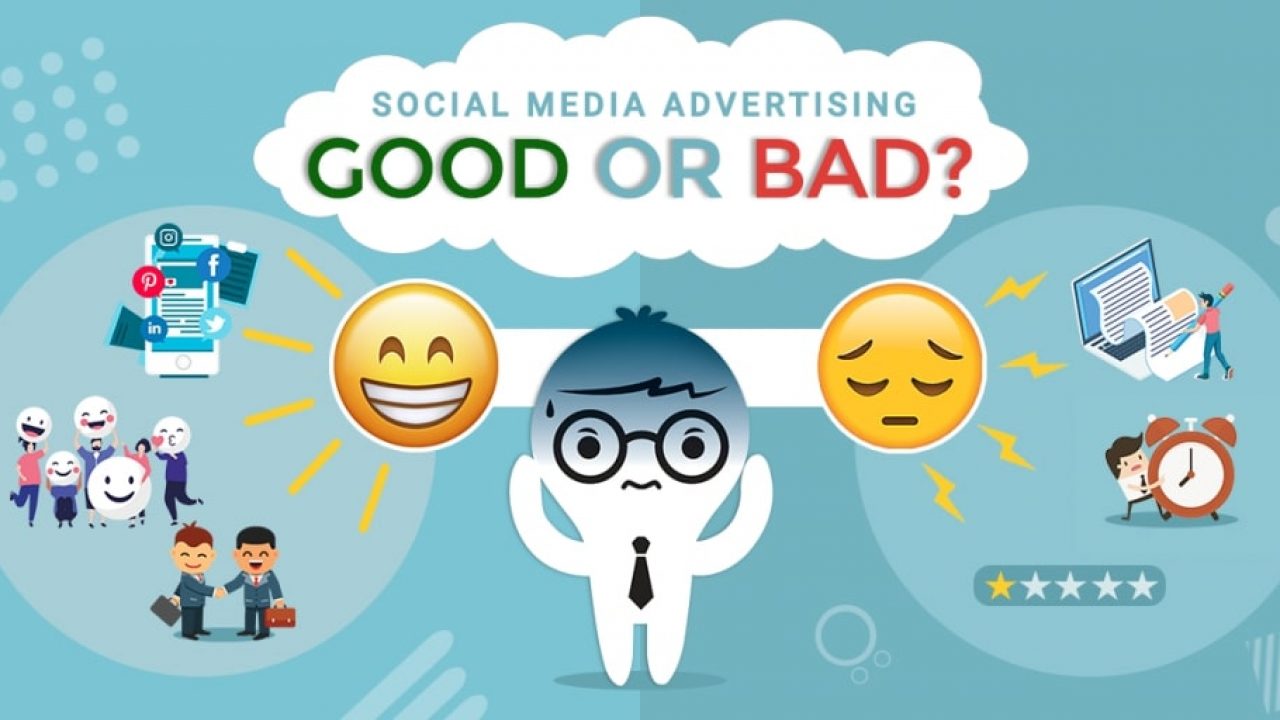 A. Identifying the right advertising platforms and formats: This section will guide marketers in selecting the appropriate social media advertising platforms (e.g., Facebook Ads, Instagram Ads, LinkedIn Ads) and ad formats (e.g., image ads, video ads, carousel ads) based on their target audience and campaign goals.
A. Identifying the right advertising platforms and formats: This section will guide marketers in selecting the appropriate social media advertising platforms (e.g., Facebook Ads, Instagram Ads, LinkedIn Ads) and ad formats (e.g., image ads, video ads, carousel ads) based on their target audience and campaign goals.
B. Setting target audience parameters for precise ad targeting: Marketers will learn how to define target audience parameters, such as demographics, interests, and behaviors, to ensure precise targeting and maximize the effectiveness of social media ads.
C. A/B testing ad creatives and optimizing campaigns: Here, the focus will be on the importance of conducting A/B tests to compare different ad creatives, headlines, or call-to-action buttons and optimizing campaigns based on the insights gained.
D. Tracking and analyzing ad performance metrics: This subsection will discuss the key metrics to track in social media advertising campaigns, such as impressions, clicks, conversions, cost per click (CPC), and return on ad spend (ROAS).
E. Budgeting and allocating resources for social media advertising: Marketers will learn about budgeting considerations and how to allocate resources effectively for social media advertising campaigns.
Leveraging Influencer Marketing:
A. Identifying relevant influencers in the industry: This section will guide marketers in identifying influencers who have a genuine connection to their target audience and whose values align with their brand.
B. Developing mutually beneficial partnerships with influencers: Here, the focus will be on building relationships with influencers through collaborations, sponsored content, or ambassador programs that provide value to both parties.
C. Creating engaging influencer campaigns and content: Marketers will learn how to develop engaging influencer campaigns and content that resonate with the influencer’s audience and align with the brand’s goals.
D. Tracking the impact of influencer collaborations: This subsection will discuss methods for tracking and measuring the impact of influencer collaborations, such as tracking referral traffic, engagement metrics, and conversions attributed to influencer-generated content.
E. Establishing long-term relationships with key influencers: The importance of nurturing long-term relationships with key influencers will be emphasized, as it can lead to sustained brand advocacy and ongoing collaborations.
Monitoring and Analyzing Social Media Metrics:
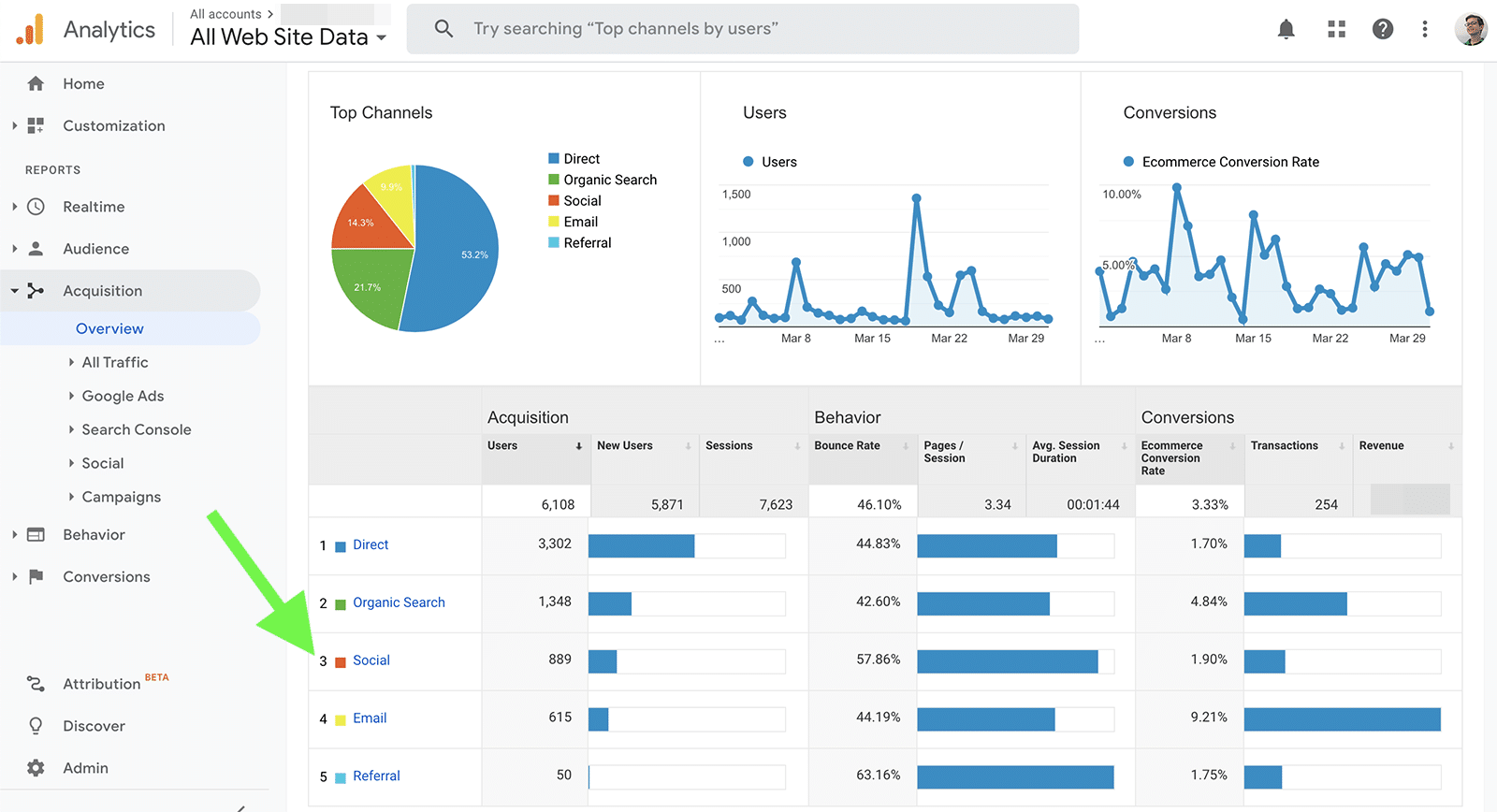 A. Identifying relevant key performance indicators (KPIs): This section will discuss the key metrics and KPIs that are essential for measuring the success of social media marketing efforts, such as reach, engagement rate, click-through rate (CTR), conversion rate, and sentiment analysis.
A. Identifying relevant key performance indicators (KPIs): This section will discuss the key metrics and KPIs that are essential for measuring the success of social media marketing efforts, such as reach, engagement rate, click-through rate (CTR), conversion rate, and sentiment analysis.
B. Using social media analytics tools for tracking metrics: Marketers will learn about various social media analytics tools and platforms available to track and analyze the performance of their social media campaigns and derive actionable insights.
C. Analyzing data to gain insights and make data-driven decisions: This subsection will emphasize the importance of analyzing social media data to gain insights into audience behavior, content performance, and campaign effectiveness, and how to use these insights to make informed marketing decisions.
D. Adjusting strategies based on performance analysis: Marketers will learn how to adapt their social media marketing strategies based on the analysis of performance metrics and user feedback, optimizing campaigns for better results.
E. Reporting results and demonstrating return on investment (ROI): This part will focus on the importance of reporting social media marketing results to stakeholders and showcasing the ROI achieved through social media efforts.
Staying Up-to-Date with Social Media Trends:
 A. Monitoring emerging platforms and features: This section will discuss the significance of staying updated with emerging social media platforms, trends, and features that can provide new opportunities for marketers.
A. Monitoring emerging platforms and features: This section will discuss the significance of staying updated with emerging social media platforms, trends, and features that can provide new opportunities for marketers.
B. Incorporating new trends and technologies into strategies: Marketers will learn how to incorporate emerging trends, such as live streaming, augmented reality (AR), or influencer takeovers, into their social media strategies to stay relevant and engage their audience.
C. Keeping an eye on industry best practices and case studies: Here, the focus will be on learning from successful social media marketing case studies and industry best practices to implement effective strategies.
D. Attending conferences and webinars for industry insights: This subsection will highlight the importance of attending industry conferences, webinars, or workshops to gain insights from industry experts and stay ahead of the curve.
E. Networking and collaborating with other social media marketers: Marketers will learn about the benefits of networking and collaborating with other social media marketers to share knowledge, exchange ideas, and stay informed about the latest industry trends.
Conclusion:
A. Recap of key points discussed: This section will provide a brief summary of the main points covered throughout the outline, reinforcing the importance of effective social media marketing strategies.
B. Emphasizing the importance of continuous learning and adaptation in social media marketing: The conclusion will highlight the need for marketers to continuously learn, adapt, and evolve their social media marketing strategies to stay competitive in the ever-changing landscape.
C. Encouraging implementation of effective strategies for success in social media marketing: The conclusion will encourage readers to take action and implement the revealed effective social media marketing strategies to achieve their marketing goals and drive business success.
Here are some frequently asked questions (FAQs) about social media marketing :
1. What is social media marketing?
Answer: Social media marketing refers to the use of social media platforms to promote products, services, or brands and engage with target audiences. It involves creating and sharing content, running targeted ads, and fostering community engagement to achieve marketing goals.
2. Why is social media marketing important?
Answer: Social media marketing is important because it allows businesses to reach a large and diverse audience, build brand awareness, engage with customers, drive website traffic, generate leads, and foster customer loyalty. It provides a cost-effective and highly targeted way to connect with potential customers.
3. Which social media platforms should I focus on for my business?
Answer: The choice of social media platforms depends on your target audience and business objectives. It’s essential to research and understand your audience demographics and behavior to identify the platforms they use most. Popular platforms include Facebook, Instagram, Twitter, LinkedIn, YouTube, and Pinterest.
4. How often should I post on social media?
Answer: The frequency of posting on social media depends on the platform and your audience’s preferences. Generally, it’s recommended to post consistently and maintain a regular schedule. However, it’s important to prioritize quality over quantity and ensure that your content is relevant, engaging, and valuable to your audience.
5. How can I increase engagement on social media?
Answer: To increase engagement on social media, you can:
– Create compelling and shareable content.
– Use visuals, such as images and videos, to capture attention.
– Ask questions and encourage discussions.
– Respond to comments and messages promptly.
– Run contests, giveaways, or interactive campaigns.
– Collaborate with influencers or host live events to encourage participation.
6. How can I measure the success of my social media marketing efforts?
Answer: To measure the success of your social media marketing efforts, you can track various metrics such as:
– Follower growth and reach.
– Engagement metrics (likes, comments, shares, etc.).
– Click-through rates (CTR) and website traffic.
– Conversion rates and leads generated.
– Customer feedback and sentiment analysis.
Use social media analytics tools and platforms to monitor these metrics and gain insights into the effectiveness of your campaigns.
7. Should I use paid advertising on social media?
Answer: Paid advertising on social media can be a powerful strategy to reach a wider audience and achieve specific marketing objectives. It allows you to target specific demographics, interests, and behaviors, and provides options for budget control and ad optimization. However, it’s important to carefully plan and optimize your ad campaigns to maximize their effectiveness.
8. How can I stay up-to-date with the latest social media trends and best practices?
Answer: To stay up-to-date with social media trends and best practices, you can:
– Follow industry-leading blogs, websites, and influencers.
– Join social media marketing communities and participate in discussions.
– Attend conferences, webinars, or workshops focused on social media marketing.
– Experiment with new features and technologies offered by social media platforms.
– Continuously monitor industry news and updates from social media platforms themselves.
Note: social media marketing is an ever-evolving field, so staying informed and adapting your strategies accordingly is crucial for success.



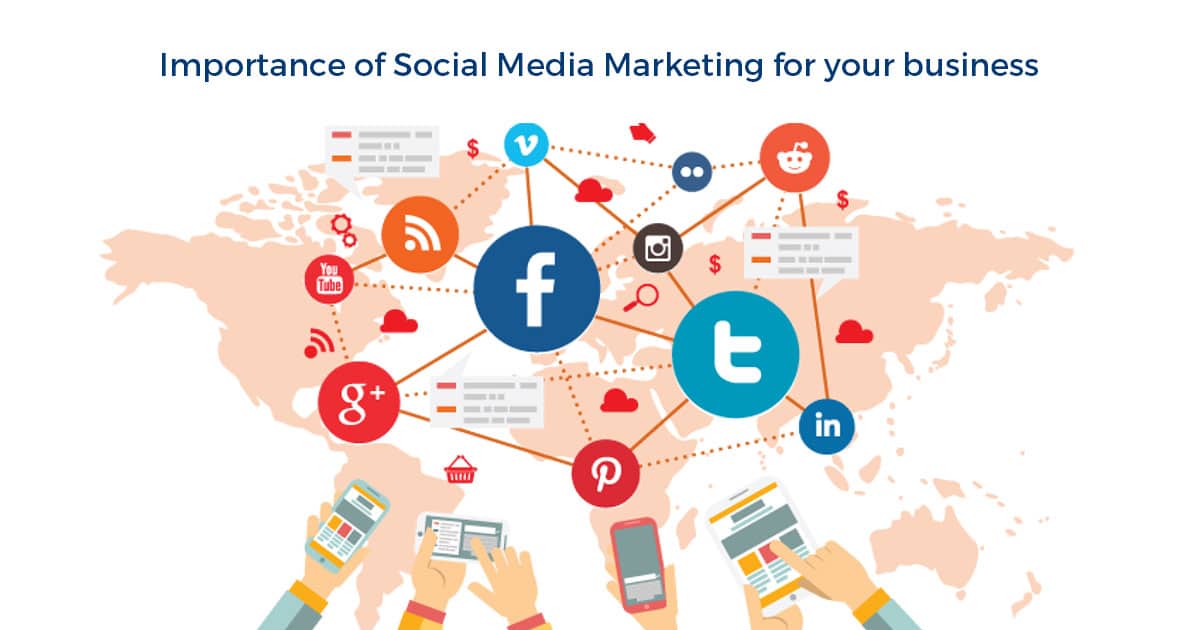
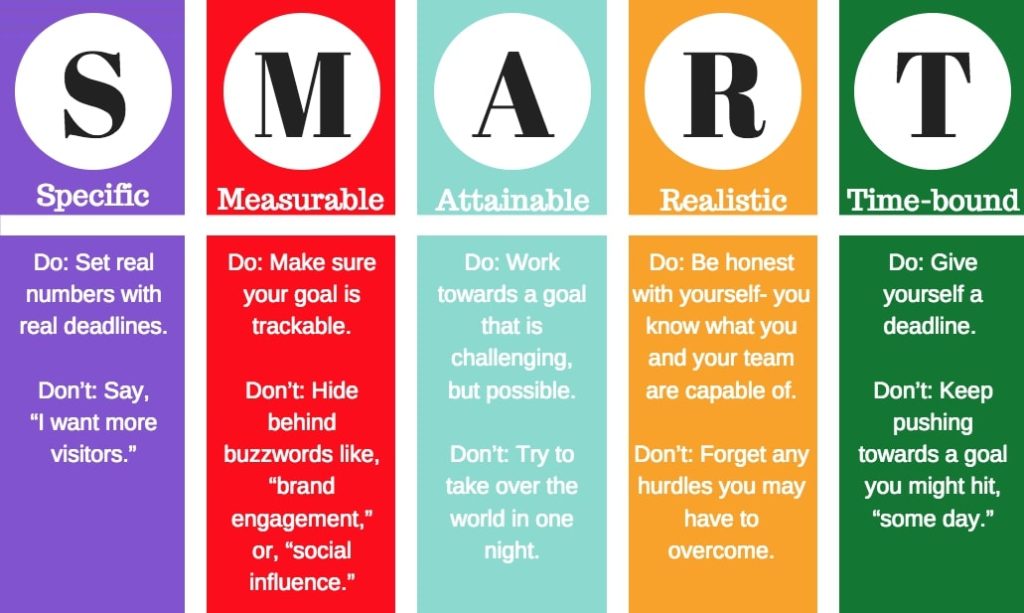




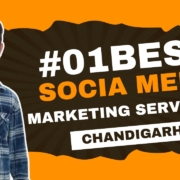 digitalidiots.in
digitalidiots.in

 Digitalidiots.in
Digitalidiots.in
Leave a Reply
Want to join the discussion?Feel free to contribute!